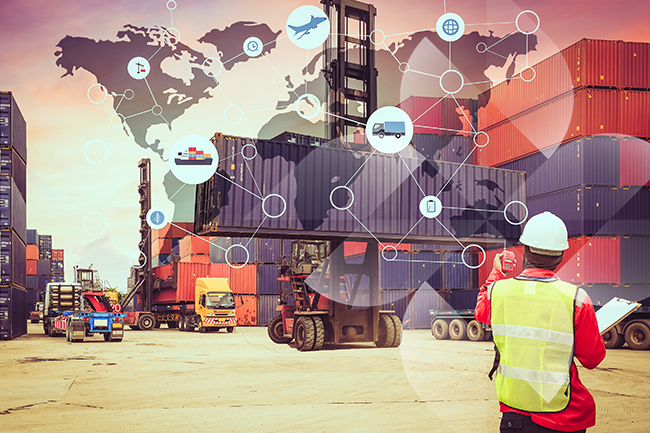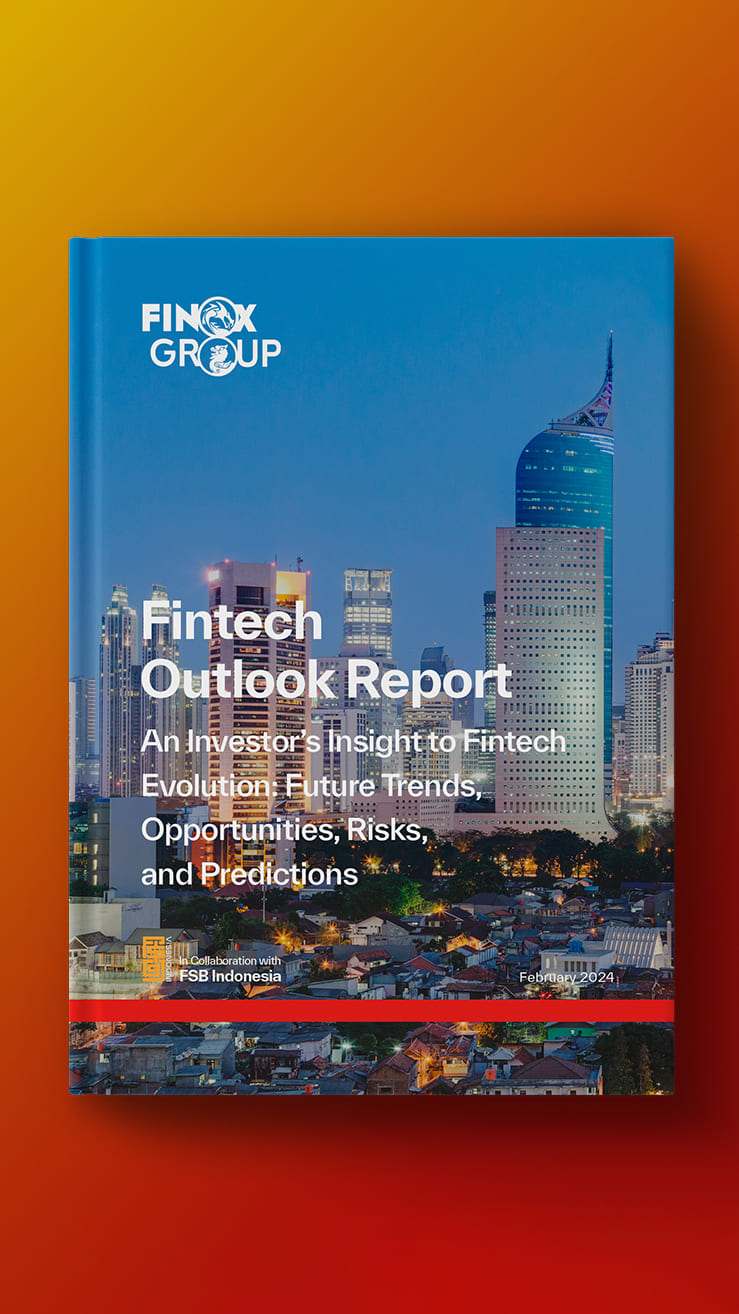
The relevance of a country’s economy is one without measure. It tells the story of whether the citizens of a country are doing well or not. One of the present economies that seem to be doing well is the Indonesian economy. However, the country’s economy wasn’t always as perfect until the adoption of Fintech. Indonesia Fintech has helped to boost the economy by a large margin. This has also helped to increase the financial inclusion rate of the country.
According to Aljazeera, the country’s economy grew by 5% yearly between the fourth quarter of the year 2022. Regardless of the visible growth, factors like COVID-19 still slowed down the economy’s growth. This means that the growth would likely have surpassed the present figures.
The economy of Indonesia wasn’t always that strong. As a matter of fact, between 1997 and 1998, the country’s economy recorded a low economic growth of -13.12%. During this time, the citizens of Indonesia faced several hardships. It was in 2004 that the country made a stance and started experiencing significant growth.
Is Financial Technology Changing Financial Inequality In Indonesia?
Even though economic growth tells of the condition of citizens in a country, the theory is not entirely accurate. A good economy doesn’t say if the citizens of a country are rich or not, nor does it say if the country is prosperous. Besides, there might be a few wealthy citizens that can change the economy single-handedly. This can make the country look as if the citizens are all doing well. With that said, the only thing that shows if the citizens of a nation are wealthy is financial equality.
However, the economy of the country has been increasing since 2004, and this growth hasn’t always been because of equal financial distribution. When the economy of Indonesia started to grow in 2004, it was just the rich citizens that were enjoying the growth. This led the government and several policymakers to start looking for solutions to reduce financial inequality.
According to borgen, Indonesia is the fourth-highest country with income inequality worldwide. The blog explained that four of the richest people in the country have the combined wealth of over 100 million citizens in the country. This shows how wide the income inequality gap is in the country.
One might ask what income inequality is. Well, in simple terms, financial inequality is the state or condition of a country where the income gap between the poor and rich is too wide. This causes only a few citizens of a certain country to enjoy all that a country’s economy offers.
Developing countries are mostly countries with high financial inequality. This is because many of the countries’ citizens lack accounts for financial transactions. It means there will be lesser transactions, opportunities, and several other benefits that can help generate more income. However, the reverse is a different case.
A country that has a high financial inclusion rate is likely going to have a very low rate of income inequality. Just like other sectors that help increase the financial inclusion rate, Fintech also plays a great role. This increase in the financial inclusion rate is also helping to solve the problem of financial inequality.
There are certain factors affecting the even spread of income in the country. One of them is the poor educational level of citizens. If most citizens were to be educated, more income would be generated, and there will be an even distribution of finances. Other factors affect the distribution of finances in the country. Such as development patterns, inflation rate, labor market, unemployment rate, wealth condensation, etc.
Besides the mentioned factors, the adoption and progress of technology in Indonesia have affected income distribution the most. Over the years, if one checks the number of Fintech companies in Indonesia, it has increased significantly. Also, unlike before, many citizens have started using Fintech for their daily transactions. What’s more, MSMEs in different regions seem to be doing well since now they all have easy access to loans. This goes a long way to show the sector’s progress in the country.
Unlike before, most citizens of the country now have access to various financial banking alternatives. With the financial inclusion rate of the country increasing, income inequality has reduced drastically. Regardless Indonesia Fintech still has a lot of work to do to ensure the gap is non-existent.
Wrap Up
Does Fintech affect income inequality in Indonesia? Well, yes. Indonesia Fintech has greatly helped to close the income gap between the different classes of people in the country. The sector has done so by increasing the financial inclusion rate of several people all around Indonesia.













